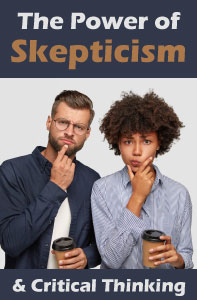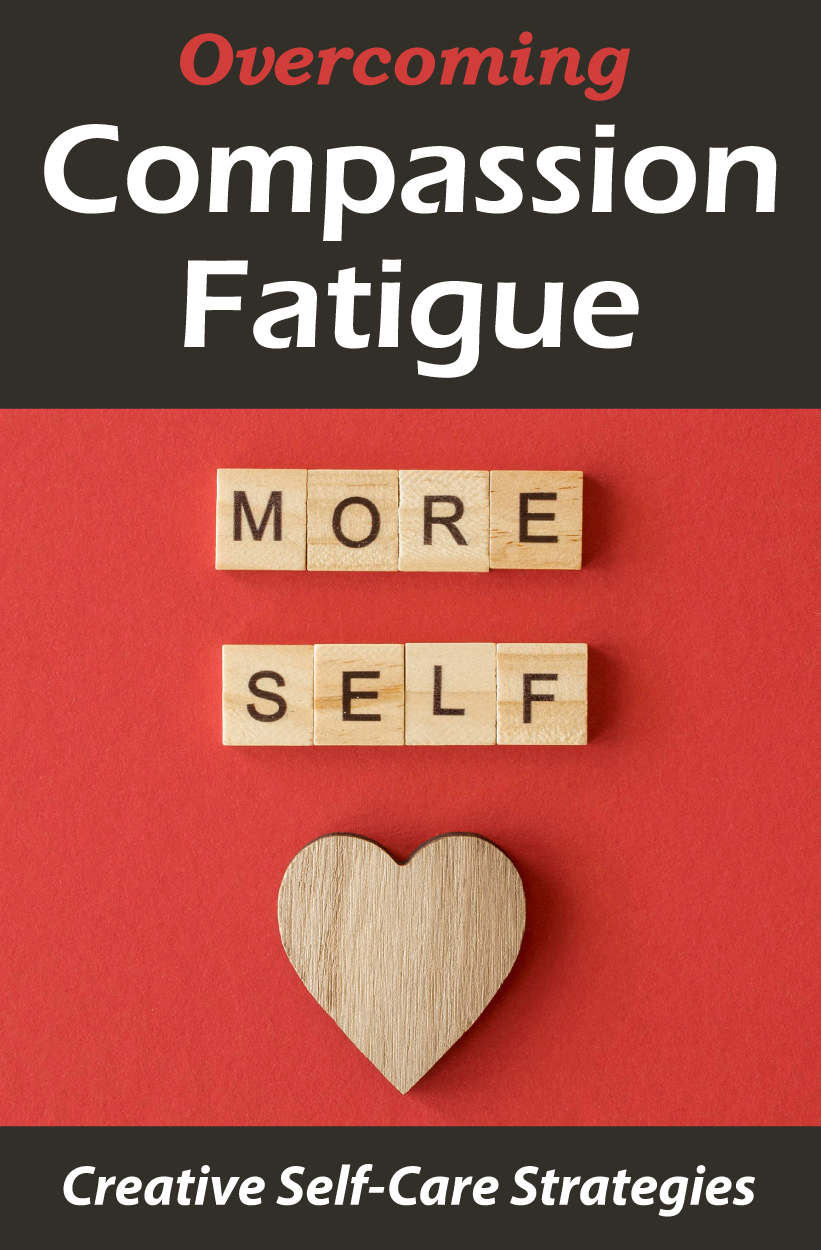We are launching our new website logins, account creation, and purchases are restricted. Any course activity is not being recorded until the new site has launched. Expected Launch Time 8:00pm EST Nov 20th.
$39

Related Courses

Executive Functioning in Adults

Overcoming Compassion Fatigue: Creative Self-Care Strategies
The Power of Skepticism and Critical Thinking
Leo Christie, PhD
CE Credit: 3 Hours
Target Audience: Psychology CE | Counseling CE | Speech-Language Pathology CEUs | Social Work CE | Occupational Therapy CEUs | Marriage & Family Therapy CE | School Psychology CE | Teaching CE
Learning Level: Introductory
Course Abstract
The Power of Skepticism and Critical Thinking is a 3-hour online continuing education (CE) course that examines why positive skepticism and critical thinking skills are necessary in clinical practice.
Human beings are endowed with the ability to reason and the need to find connections between things and events. Unfortunately, the need to find connections can be so strong, practitioners and patients can sometimes convince themselves that there are links between treatment plans and patient outcomes, even if there is a lack of evidence to support them. In health care, arriving at the wrong conclusion can be an error of life and death proportions.
These “deductive malfunctions” and other fallacies, heuristics, and biases, are described, discussed, and illustrated in this course. The author begins by defining the concept of ‘critical thinking,’ and follows with a discussion on why practitioners must take an objective approach when evaluating patients, analyzing treatment plans, assessing the effectiveness of interventions, and challenging their own beliefs.
The factors (such as cognitive error, fallacies, assumptions, blind sports, pseudoscience, and quackery) that challenge one’s ability to think critically are highlighted. The author examines strategies for developing critical thinking skills across all ages and provides a review of assessment tools that can be used to gauge the quality of critical thinking before teaching begins and as a measure of progress throughout the training.
The final section of the course provides methods and techniques for cultivating and applying a critical thinking mindset. ‘How-To’ lists for evaluating new treatments, the scientific quality of conference speakers, published studies, and internet content are included.
Outline
Course #31-52 | 2024 | 57 pages | 20 posttest questions
Learning Objectives

Introductory Level | 0.3 ASHA CEUs | ASHA credit is available until 1/31/2029. ASHA CEUs are awarded by the ASHA CE Registry upon receipt of the monthly completion report from the ASHA Approved CE Provider (#AAUM5186). Please note that the date that appears on ASHA transcripts is the last day of the month in which the course was completed.
Professional Development Resources is CE Broker compliant (#50-1635 - all courses are reported within two business days of completion).
This online course provides instant access to the course materials (PDF download) and CE test. The course is text-based (reading) and the CE test is open-book (you can print the test to mark your answers on it while reading the course document).
Successful completion of this course involves passing an online test (80% required, 3 chances to take) and we ask that you also complete a brief course evaluation. Click here to learn more.
Have a question? Contact us. We’re here to help!
Leo Christie, PhD, LMFT, is a Florida-licensed Marriage and Family Therapist with a doctorate in Marriage and Family Therapy from Florida State University. Past President of the Florida Council on Family Relations, Dr. Christie is a past CEO of Professional Development Resources, a nonprofit corporation whose mission is to deliver continuing education credit courses to healthcare professionals throughout the United States. He has more than 20 years' experience in private practice with a specialty in child behavior disorders and as an instructor for over 500 live continuing education seminars for healthcare professionals.
Disclosure:
Financial: Receives a salary from Professional Development Resources, Inc.
Nonfinancial: No relevant nonfinancial relationships exist.
Customer Reviews